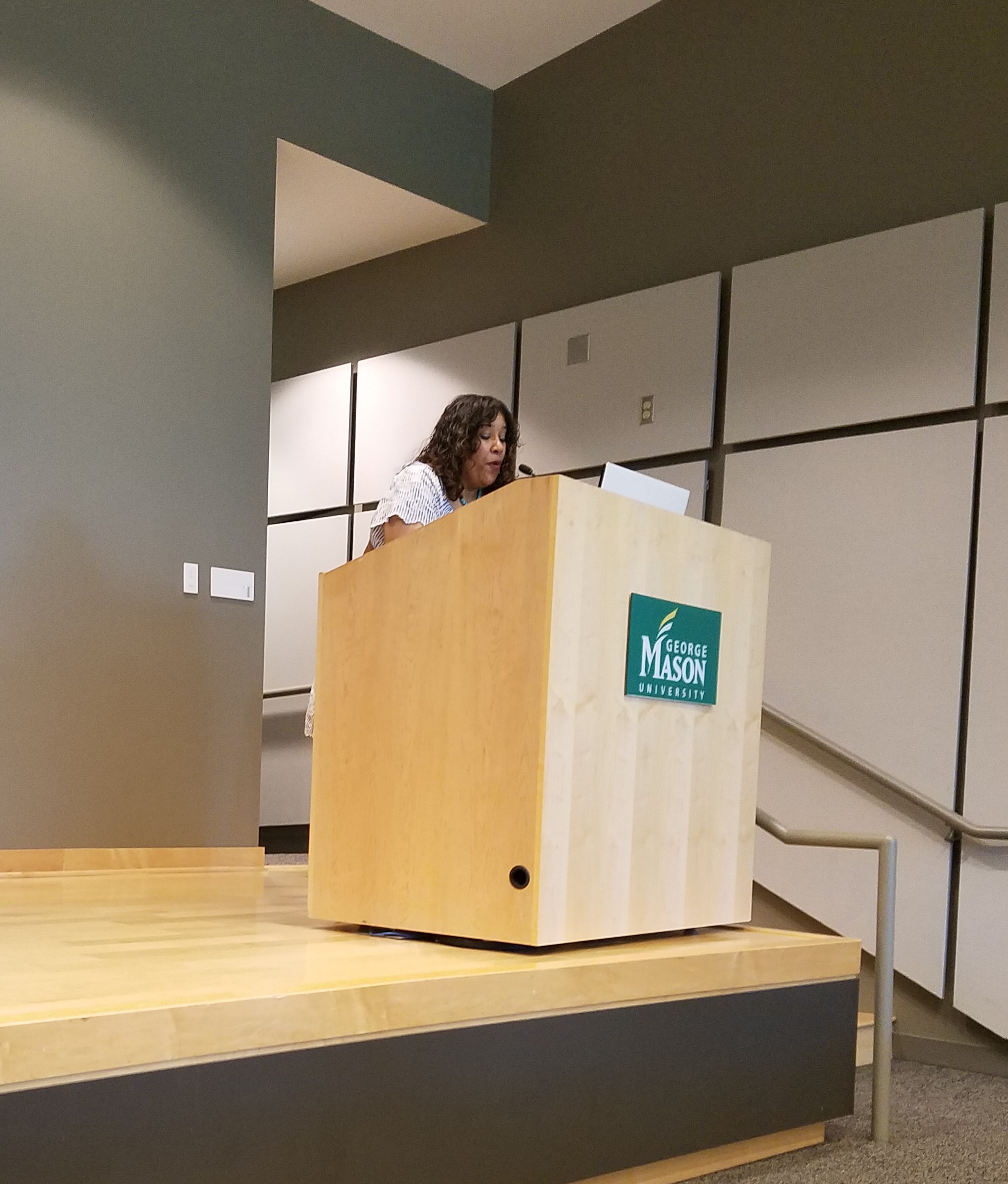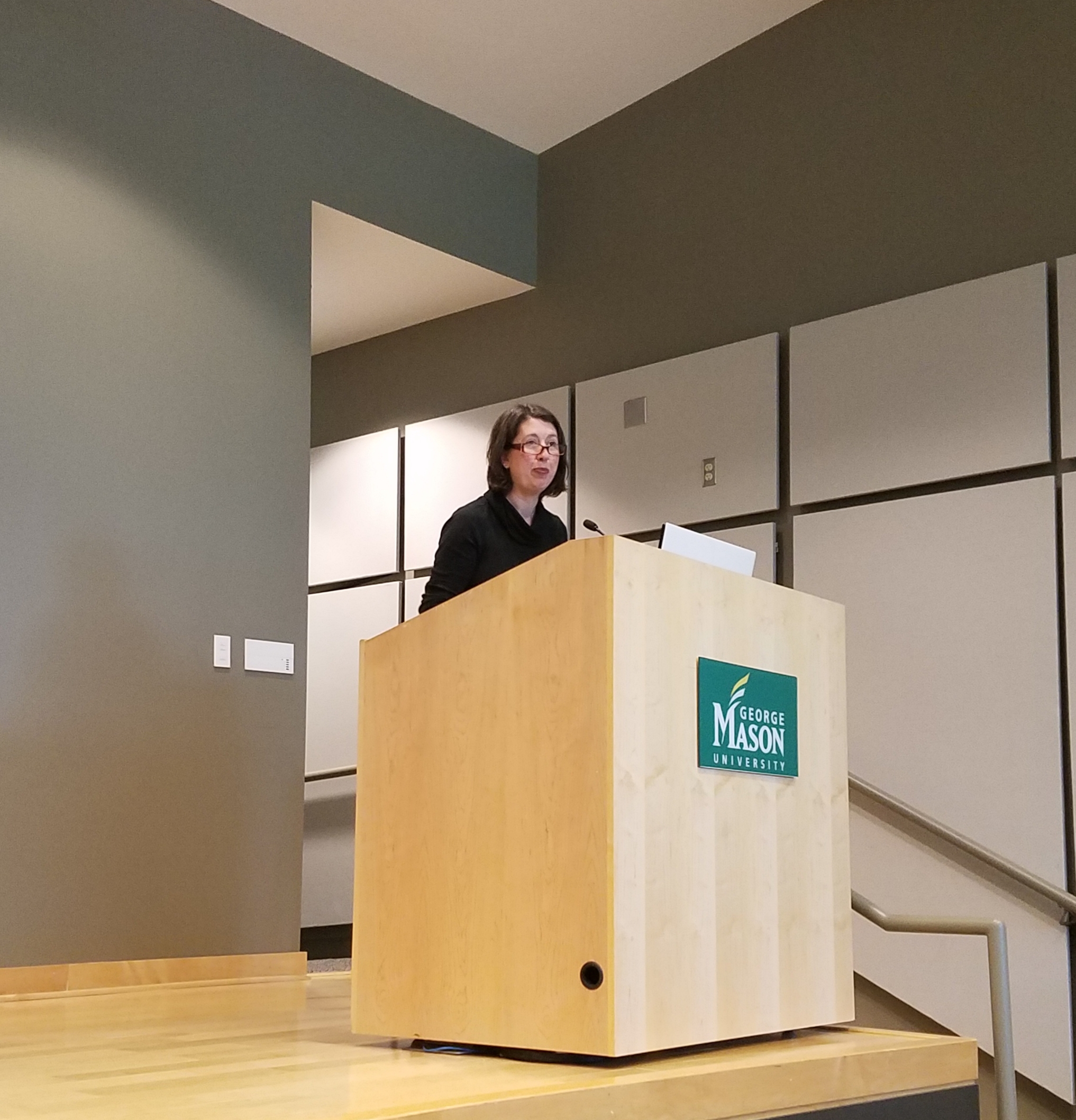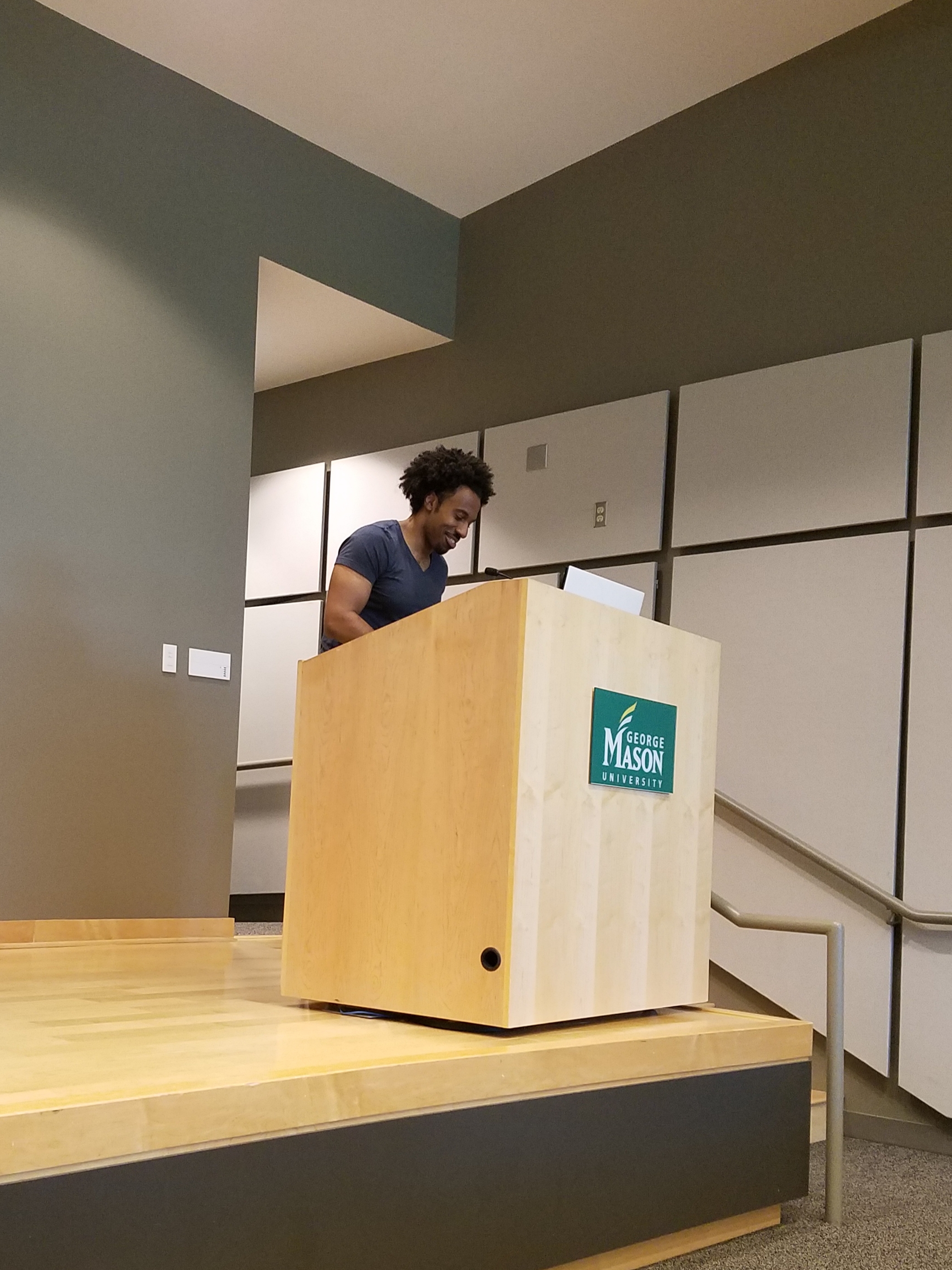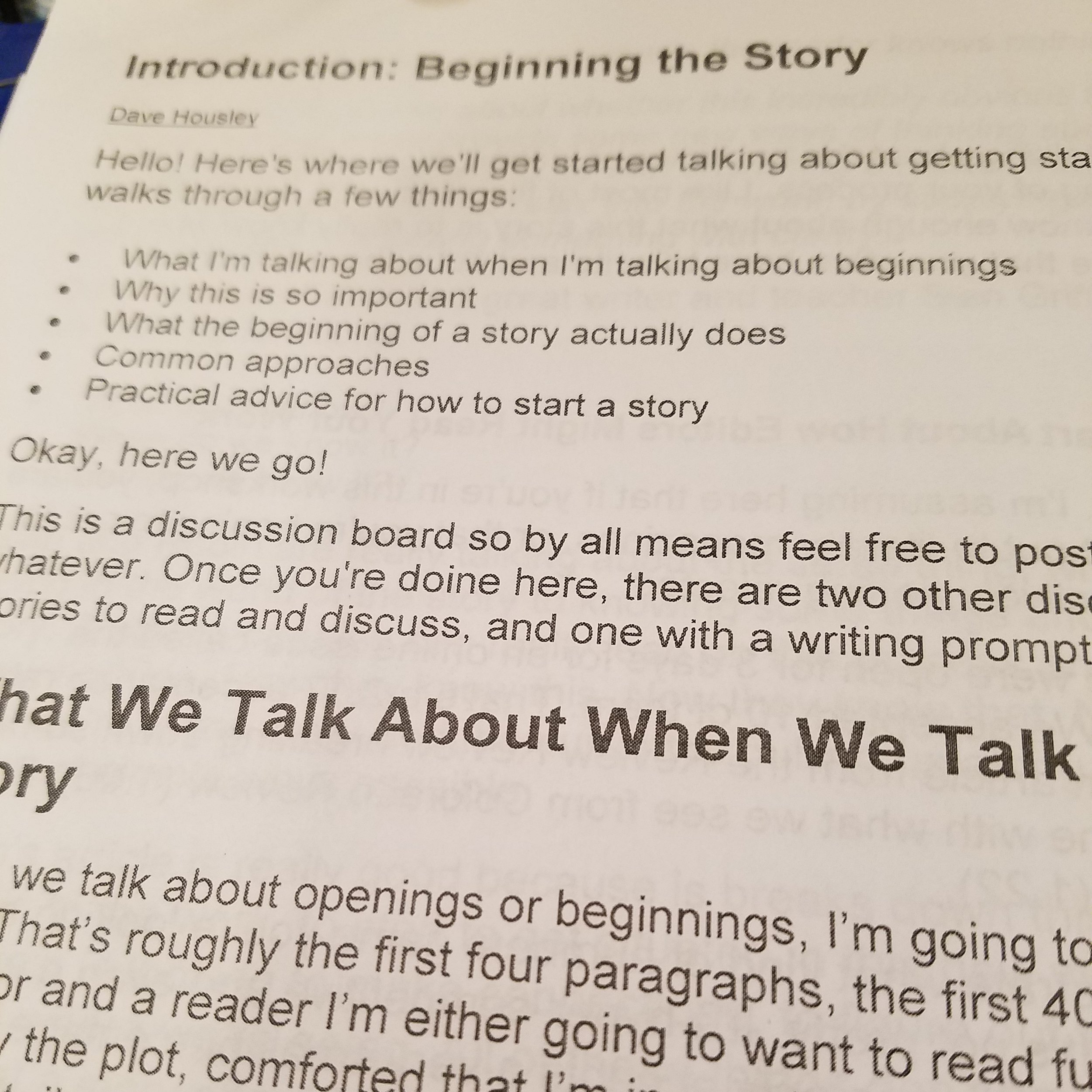I feel like I need to open with a disclaimer, which is namely that I am currently participating in Barrelhouse Magazine’s Short Fiction Boot Camp, so this conference was also a chance to meet instructors, and one classmate, from the program. Do what you will with that and all the praise I am about to heap on this conference.
I suppose I shall open with my criticisms. They are frankly few. So, Barrelhouse team pay attention to this part and not all of the nice stuff I’m going to add below (unless, you are having a bad day, then maybe you need a boost and you should just skip ahead).
On the schedule provided in the programming, or on a separate bundle, please provide the names, bios, and social media contact information for all of the cool people you brought into the conference. At least their names.
Please, provide an area to congregate or tables or something similar for us to mob the featured authors and poets after their session so we can get autographs and mingle without them signing books on their thighs and clogging up the space where a subsequent workshop is scheduled.
However enjoyable other conferences are, however extensively I’ve been able to network at them, however many great connections I have made, taking all the howevers into consideration of many other enjoyable writer conference experiences, I think this one delivers the most return on the conference fee. I deeply appreciate that.
I don’t think I have been to a writing conference, yet, and felt like it was a waste of time and money. I have a stack of signed books from authors I deeply admire and authors I was introduced to for the first time at conferences; I have pages of notes I’ve taken at workshops and panels; I have a stack of business cards, and a clutch people who occasionally notice me on Twitter, acquired from conferences. Afterwards, I am energized and excited to get back to writing. I am following new authors and literary magazines on social media platforms and excited to see what they have to say and more importantly what and where they’re writing. Literary conferences are awesome. Go! Learn! Enjoy! Get energized! Expand your network!
So, they’re great, but I think Barrelhouse Magazine may have put together the winner. Because however enjoyable other conferences are, however extensively I’ve been able to network at them, however many great connections I have made, however many great new reads I’ve purchased—-taking all the howevers into consideration of the many other enjoyable writer conference experiences I’ve had and will continue to have, I think this one delivers the most return on the conference fee. I deeply appreciate the value they place on my cash.
As at other conferences, you will meet authors, editors, publishers, etc. As at other conferences, you will find panels that provide insight into the business of being a writer, discussions of craft, and the inner workings of authorial approaches or best practices. As at other conferences, you will have an all-conference session with awesome authors.
So much you expect; but the team at Barrelhouse offers more. As part of your conference fee (a fairly standard $75 for a single day conference based on my experiences) you get the following:
A literary magazine subscription (choose from a selection of four)—I selected Barrelhouse
A copy of one of the featured author’s recent published work—I selected Gabino Iglesias’s Coyote Stories, because Ivelisse Rodriguez had already signed a copy of Love War Stories at the Slice Literary Conference (and then I bought Randon Billings Noble’s Be With Me Always and Kyle Dargan’s Anagnorisis).
One 10-minute speed date with a lit mag editor—I was matched with Marisa Siegel from The Rumpus—and participants could spend $5 to go on more speed dates with other editors. The literary magazines get the cash.
And finally, not entirely unheard of but I think infrequent, in each time slot there was at least one workshop in which attendees participated in a guided writing activity and actually produced written work—I attended Kate Finegan’s workshop on description and had a fruitful writing session.
Now, I didn’t take enough pictures at the event because I was learning too much, thinking too much, and having too much fun, so content yourself with the photos above from the featured authors—the readings and Q&A were fantastic!
Here concludes the unironic superlatives.








